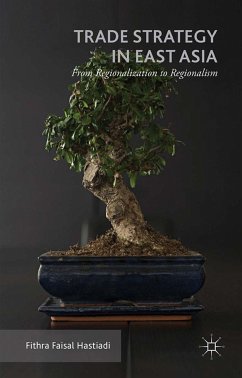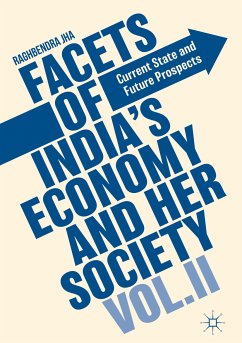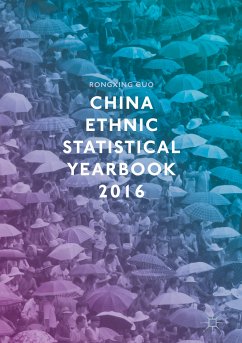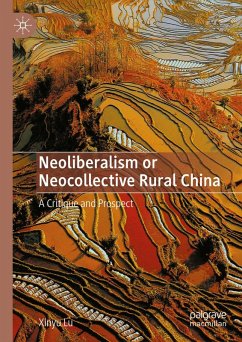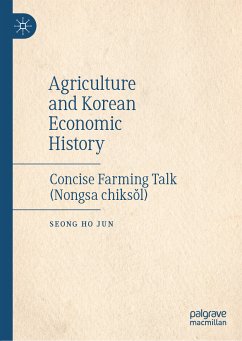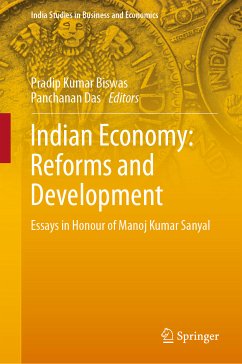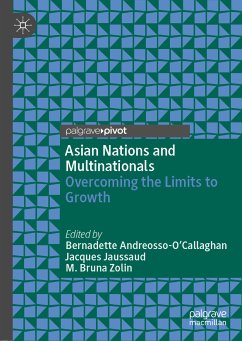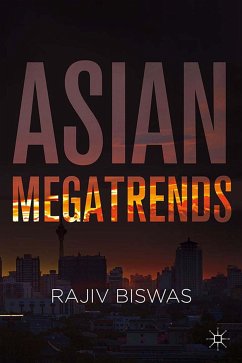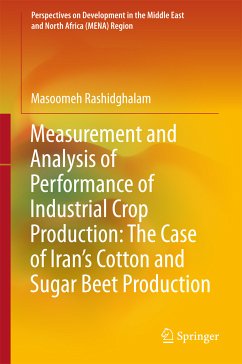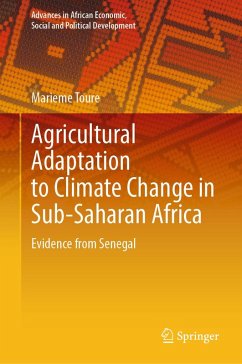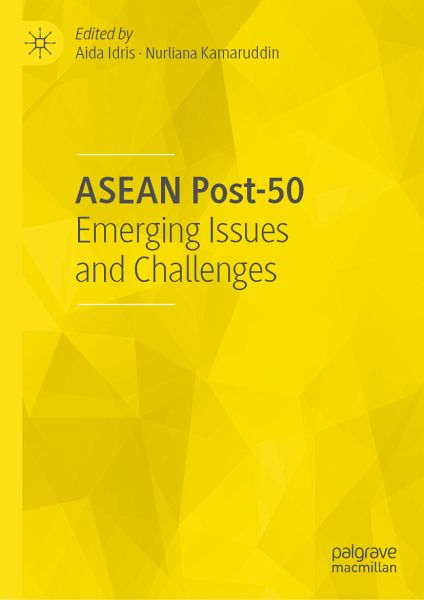
ASEAN Post-50 (eBook, PDF)
Emerging Issues and Challenges
Redaktion: Idris, Aida; Kamaruddin, Nurliana
Versandkostenfrei!
Sofort per Download lieferbar
104,95 €
inkl. MwSt.
Weitere Ausgaben:

PAYBACK Punkte
52 °P sammeln!
The first 50 years of ASEAN integration has brought peace and prosperity to the Southeast Asian region, while the next 50 will undoubtedly be fraught with unprecedented challenges. Today ASEAN not only has to contend with its own internal challenges arising from the highly diverse political, economic and socio-cultural systems of its member countries, it also has to deal with external factors which include shifts in geostrategic balance, fraying global consensus on free trade, populism and xenophobia, climate change, digital revolutions and cybercrimes. Set against the above background, this e...
The first 50 years of ASEAN integration has brought peace and prosperity to the Southeast Asian region, while the next 50 will undoubtedly be fraught with unprecedented challenges. Today ASEAN not only has to contend with its own internal challenges arising from the highly diverse political, economic and socio-cultural systems of its member countries, it also has to deal with external factors which include shifts in geostrategic balance, fraying global consensus on free trade, populism and xenophobia, climate change, digital revolutions and cybercrimes.
Set against the above background, this edited collection considers some of the contemporary issues and challenges faced by ASEAN in its journey towards more cohesive and dynamic regional integration. Among the topics explored are ASEAN's evolving partnerships with its key strategic partners including China and the United States on economic policies and strategies, educational systems and frameworks, migration and environmental threats.
Dieser Download kann aus rechtlichen Gründen nur mit Rechnungsadresse in A, B, BG, CY, CZ, D, DK, EW, E, FIN, F, GR, HR, H, IRL, I, LT, L, LR, M, NL, PL, P, R, S, SLO, SK ausgeliefert werden.



